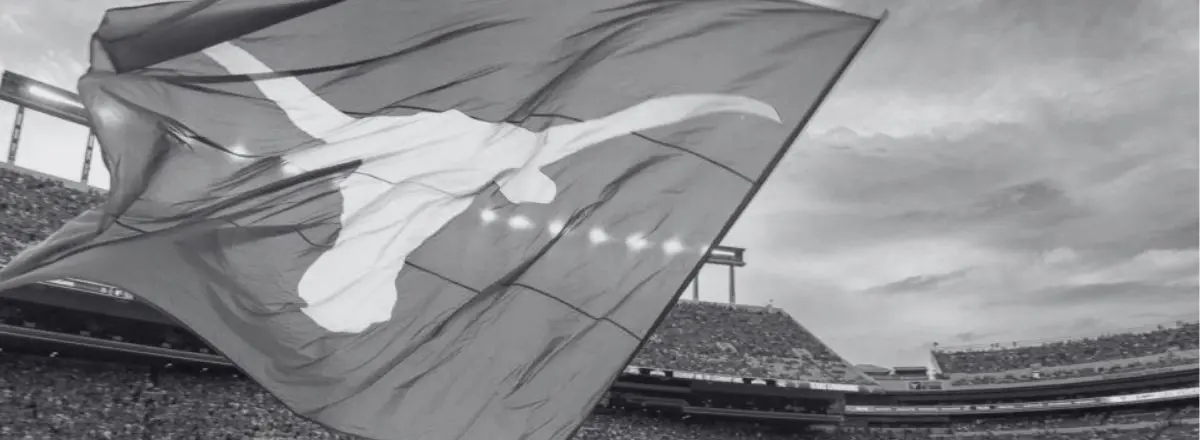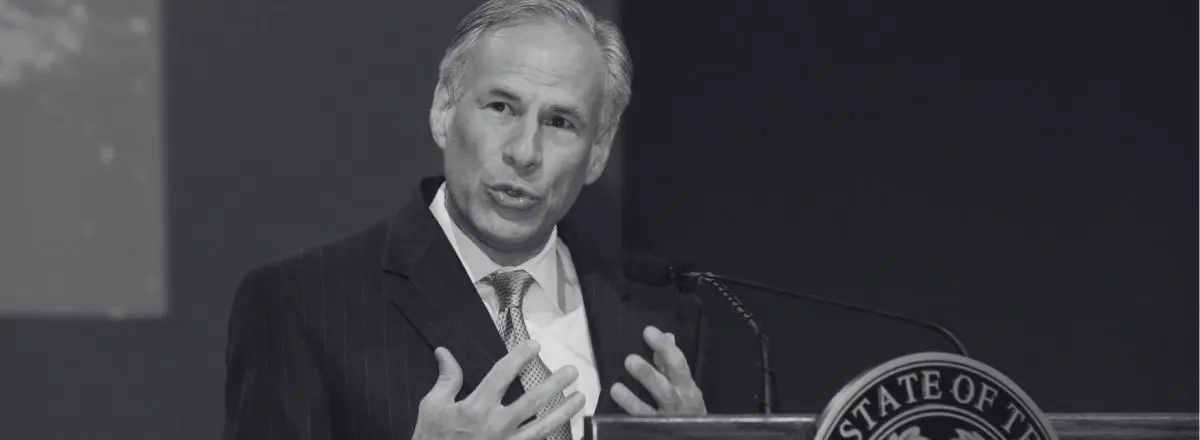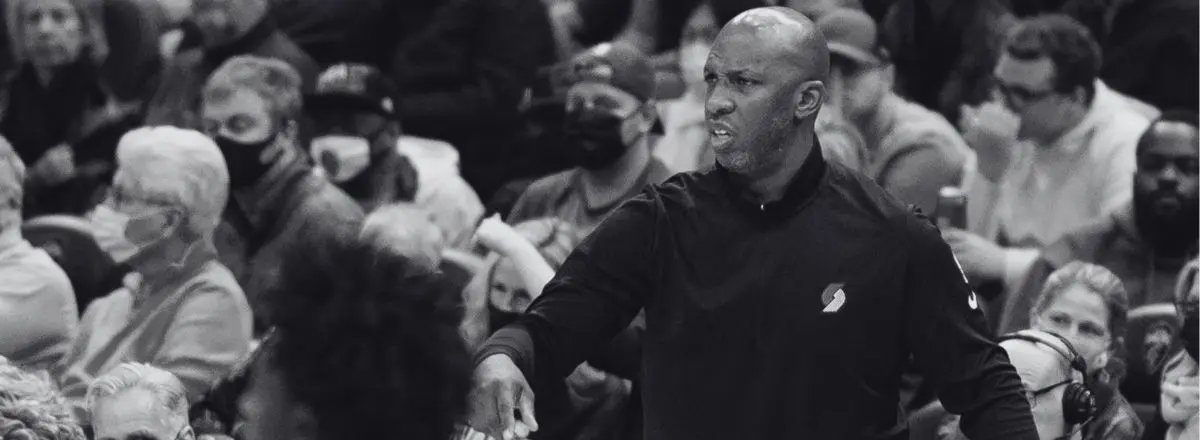Though Texas sports betting is not currently legal, this doesn’t stop people who live in The Lone Star State from placing wagers anyway. Don’t take anyone else’s word for it, though. Texans themselves are admitting as much.
Gage Goulding of NBC 2 Houston recently published a report on loopholes that people use to bet on sports in Texas. After speaking with a bunch of different bettors and experts, two workarounds in particular kept coming up: prediction markets and daily fantasy sports. Here is Goulding with more:
“There are two types of loopholes being explored here: prediction markets and daily fantasy sports, or DFS. Prediction markets allow users to purchase ‘event contracts’ — essentially yes-or-no bets on future outcomes in sports or politics. These markets operate under federal commodities protection, which views the transactions more as investments than traditional wagers. ‘I would relate it more to an options contract or a share of stock,’ explained Jay Stewart, Managing Law Partner at Hance Scarborough. Daily fantasy sports, offered by companies like FanDuel and DraftKings, represent the second gray area. These platforms allow users to create short-term fantasy teams for money, with peer-to-peer matchups rather than betting against the house. This structure helps them navigate federal gambling restrictions.”
Both DFS and prediction markets are facing increased scrutiny. As online sports betting in the United States becomes more established, policymakers are focusing on events and transactions that they believe skirt the law and eat into regional revenue streams.
The Legality of Texas Sports Betting has Yet to Infringe Upon Prediction Markets and DFS
Daily fantasy sports have run into the most push-back. However, that is only because they have been around longer than prediction markets. States have had more time to take action against DFS operators. And rest assured, many have used it. DFS is disallowed in a handful of states, including big markets like California.
Yet, through all the hemming and hawing over Texas sports betting, The Lone Star State hasn’t taken aggressive action against DFS operators. Lawmakers generally seem content to let the industry carry on in its current gray area.
The same can be said for prediction markets. Texas is not signaling that they will take any action against them. This remains the case even as other states crack down on the practice. Regulators of sports betting in Ohio sent cease and desist orders to various operators. They are now, in turn, being sued by Kalshi, a prediction-market company.
Then, of course, there is the California sports betting market. Or rather, should we say the absence of a California sports betting market. The Golden State has already sought to ban daily fantasy sports sites and sweepstakes casinos. Prediction markets might be on their list…if operators were brave enough to try entering it. Some have, to be sure. But because more established companies do not want to get on bad terms with what could be the biggest legal sports gambling market in the country, certain companies have steered clear of California when offering prediction markets.
Offshore Sports Betting Remains Popular in The Lone Star State
When it comes to Texas sports betting, residents of The Lone Star State are not just engaging in domestic workarounds. As Goulding writes, offshore sports betting in Texas remains pretty darn popular:
“Some Texans, like [Antonio] Langer [of Houston], have turned to more questionable methods, using offshore betting apps and VPNs to mask their locations.’Right now, somewhere in Canada,’ Langer said when asked about his virtual location while placing bets. These offshore operations come with significant risks. Operators could refuse to pay out winnings or shut down operations entirely, leaving bettors with no legal recourse. While traditional sports betting remains illegal in Texas — prohibiting moneyline bets, spread betting, and parlays — the current landscape shows how technology and legal interpretations are creating new avenues for gambling, even in states with strict betting prohibitions.”
Unregulated markets are a point of emphasis for Texas sports betting advocates. They believe legalizing it in the state will provide more protection to the consumer. In some ways, they might be right.
A recent study by the American Gaming Association apparently found that illegal sports betting in Florida is down nearly 20 percent since 2022. It is no coincidence that this aligns with the launch of Florida sports betting.
Still, as opponents of Texas sports betting point out, the added accessibility that comes with legalization is dangerous. Problem gambling reports increase in every market following the launch of sports betting.
What Does the Future Hold for Sports Betting in Texas?
Legislators have to weigh the trade-offs of sports betting legalization from every angle. The benefits (tax revenue) are real. So, too, is the downside (problem gambling upticks).
So far, as it relates to Texas sports betting, the perceived risk is edging out the potential payout. Nobody quite knows when that will change. Especially when Lieutenant Governor Dan Patrick, a staunch opponent of Texas sports betting, is expected to run for another term when his current one wraps up.
Many view legalization as inevitable. They believe too much money is on the line for The Lone Star State. Real estate investments from companies like the Las Vegas Sands Corporation are also proof that operators may already be betting big on shifts in The Lone Star State’s gaming laws.
Whether this proves accurate remains to be seen. One thing’s for sure, though: It doesn’t matter if sports betting is illegal. Texans will figure out how to participate in it anyway.
Take a look at this list of the top online sportsbooks so you can find one that works for all of your sports betting needs:
-
EXCLUSIVE BONUS
 50% bonus up to $250Play Now
50% bonus up to $250Play NowT&C apply, 18+, Play responsibly
-
EXCLUSIVE BONUS
 125% up to $1,250Play Now
125% up to $1,250Play NowT&C apply, 18+, Play responsibly
-
EXCLUSIVE BONUS
 225% up to $3,625Play Now
225% up to $3,625Play NowT&C apply, 18+, Play responsibly
-
 50% bonus up to $250Play Now
50% bonus up to $250Play NowT&C apply, 18+, Play responsibly
-
 125% up to $2,500Play Now
125% up to $2,500Play NowT&C apply, 18+, Play responsibly












